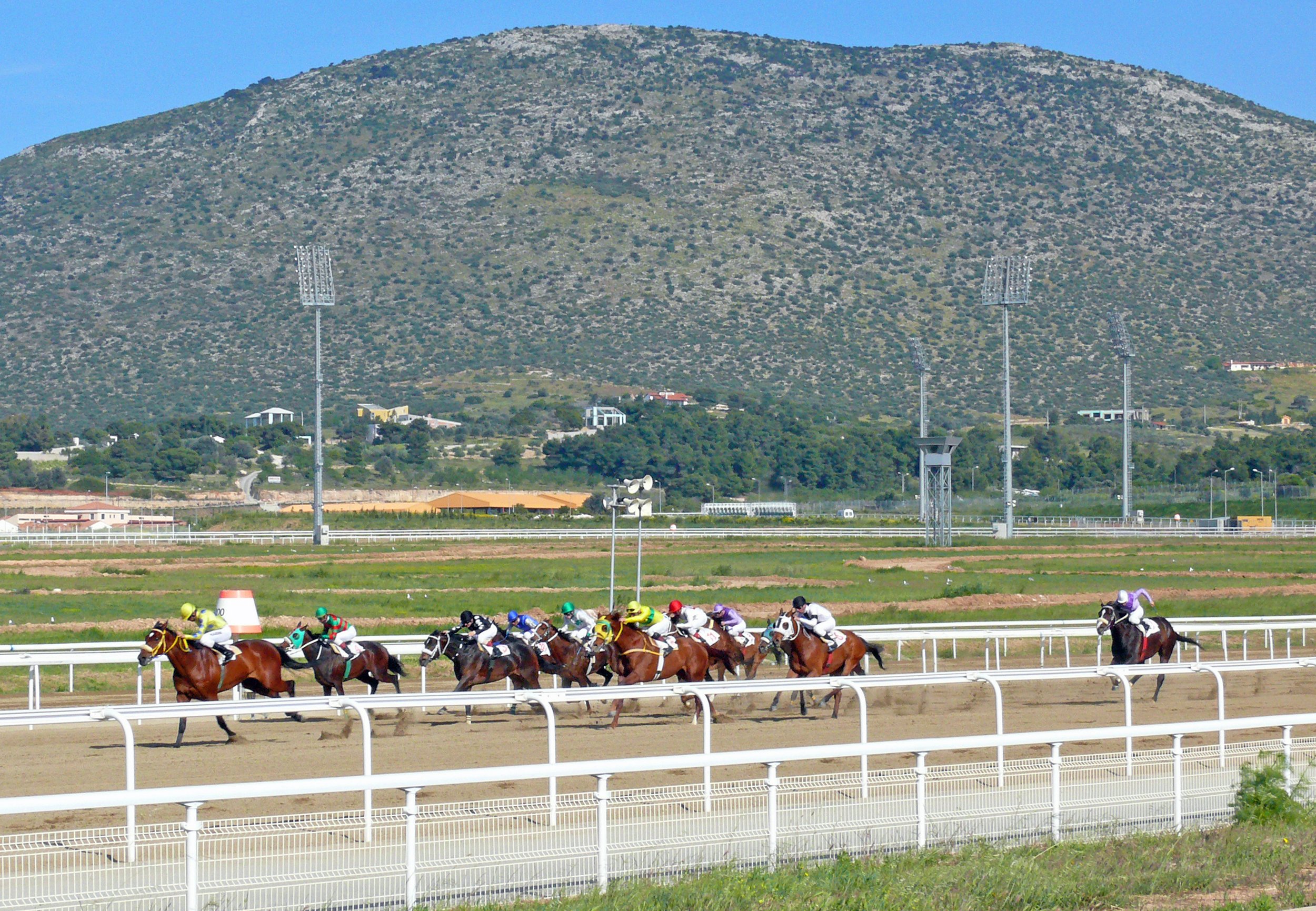A Greek Racing Tragedy
/Article by Paull Khan
It was a bitter blow when, on January 31st, 2024, Horse Races SA, the Company which had been running racing at Greece’s sole racetrack for the past eight years, announced its immediate closure. The news followed hot on the heels of similar events in Singapore and Macau and underlined the fragility of our sport in many parts of the world.
The announcement referred to the Concession Agreement, between the Greek Government and Horse Racing SA’s parent Company, the Czech-owned O.P.A.P., under which Horse Races SA leased the site of Athens’ Markopoulo Racecourse and was given the exclusive right to stage races there. But, if the numbers of horses in training fell below 300, it was able to terminate the arrangement. At the time of the announcement, the number had dwindled to 172. According to the press release, this was despite investment of over €32 million by the Company, whose losses over the period of operation were given as €103 million.
The agreement also gave OPAP the concession to offer pari-mutuel betting, not only on Greek races, but on horseracing world-wide, and the Company clarified that they would continue to offer betting on foreign racing.
By the time of publication, it is understood that the racecourse will have been handed back to the liquidators. OPAP has offered subsidies on the costs of travelling the horses from their previous home in the racecourse stables to other Greek destinations. An appeal to neighbouring Cyprus, to absorb many of them, is understood to have fallen foul of Cypriot racing’s policy only to accept unraced animals. Some have already moved to Poland and Romania, but the future for many is unclear. The EMHF has written to the Greek Government, seeking comfort that due consideration is given to Greek racing’s participants, both equine and human.
The EMHF has also offered to assist in matching jockeys, work-riders and others, who find themselves suddenly without employment, with member Racing Authorities who report difficulties in sourcing experienced and competent staff.
The fortunes of Greek racing have yo-yoed through the course of this century. The previous track, Faliron, was situated at a coastal site, within easy range of Athens centre. It was vibrant, housing over 1,700 horses and attracted crowds of 15,000. After the Athens Olympics, the venue for the equestrian events – some 37 kms distant – became Markopoulo Racecourse. While its grandstand was, and remains, impressive, attracting crowds to Markopoulo has always been an uphill struggle. The economic crisis of 2008 came as a hammer blow, and by 2015, when the globe-trotting Australian administrator, Fin Powrie, was appointed as Horse Races SA’s Director of Racing, numbers of horses in training had dwindled to below the key figure of 300. By the time of Powrie’s departure – for Malaysia – those numbers had climbed again, exceeding 500.
“I was given a pretty free hand when it came to the racing product”, recalls Powrie. “We introduced a number of initiatives, including the supplemented purchase of good quality young horses from Tattersalls, ratings-based handicapping, inclusion on the International Cataloguing Standards ‘Blue Book’ and membership of the EMHF, all of which helped to raise the profile of the sport”.
So where, in his view, did things go wrong? “The decline in horses really set in around 2020. In 2019, the then Government allowed Horse Races SA to merge with its parent Company, OPAP. This, in turn, would have allowed the offsetting of the racecourse’s losses and significant rental commitments against the overall business’s tax. However, shortly after that the Government changed, and the new Government revoked that law. Development plans for diversifying the usage of the racecourse’s land also fell by the wayside.
“It was then a downward spiral – field sizes dropped, as did prize money, news and media coverage, which was never grand, simply ceased. People probably thought, ‘it’s a great big grandstand, it’s cold, it’s ordinary, there’s nothing else there for the kids’. And COVID didn’t help at all, of course”.
The concession only granted the exclusive right to stage racing at Markpolulo. It was, and still is, perfectly possible for others to start up racing at another Greek venue. However, this may be a big ask given the current climate of public opinion. The view has been expressed that public reaction to this closure has been very different from that which would have been the case a generation ago, with many taking the view: ‘maybe that’s just as well’. Powrie concludes “Personally, I doubt whether we will see the resuscitation of professional racing at some other track in the country”.
The international racing community must hope that this is not the case and that, somehow, somewhere, the sport’s flame can flicker once again in Greece.

